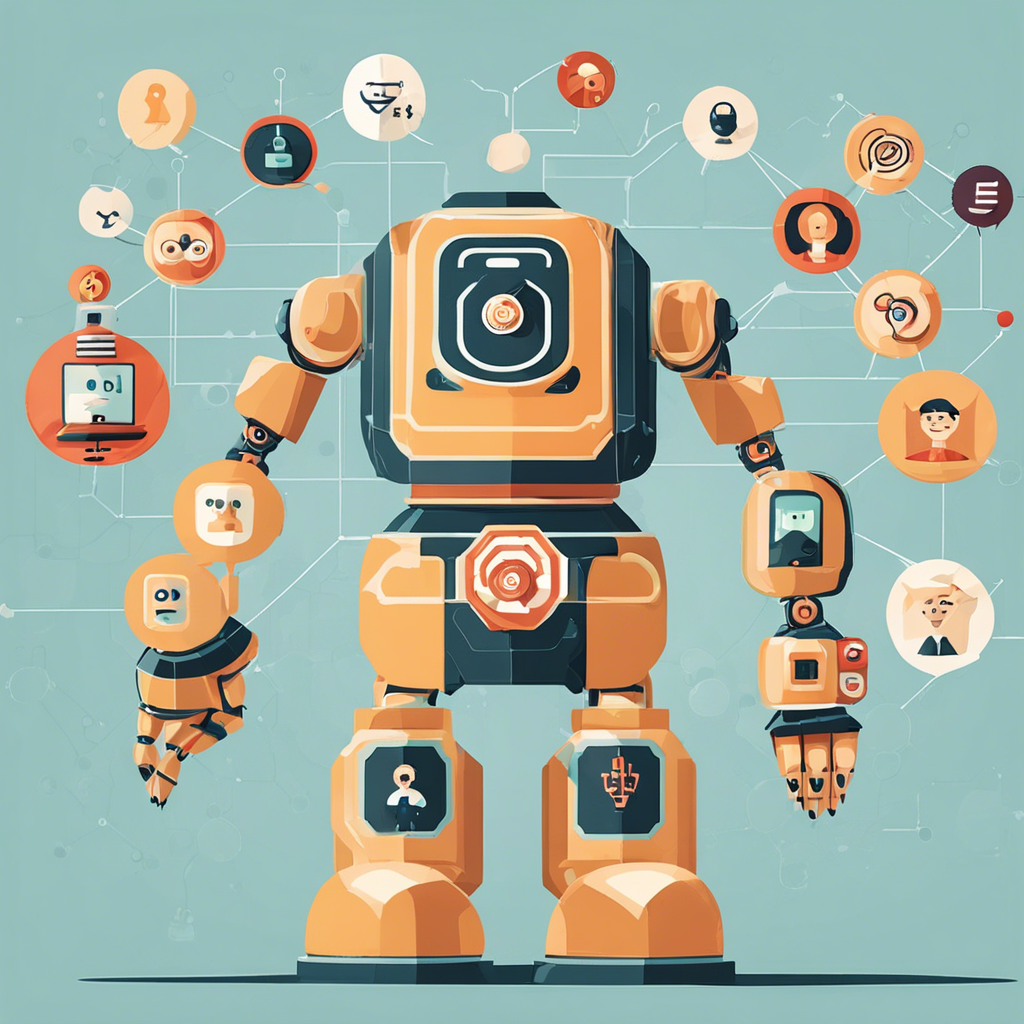The Rise of Customized Chatbots: How AI Giants are Empowering Users in 2024

AI giants Google and OpenAI are revolutionizing the chatbot landscape by enabling users to create their own customized language models, opening up new possibilities for everyday applications.
In the ever-evolving world of artificial intelligence, 2024 promises to be a pivotal year. While the dominance of large language models is a given, it is the emergence of customized chatbots that is capturing the attention of tech enthusiasts and industry experts alike. With AI giants like Google and OpenAI leading the way, the stage is set for a new era where individuals can harness the power of generative AI to create personalized language models that cater to their specific needs. This groundbreaking development has the potential to transform the way we interact with AI, making it more accessible and useful for the average person.
Going Small to Make Big Gains: Google and OpenAI’s User-Friendly Platforms
In a bid to monetize their investments in generative AI, Google and OpenAI are spearheading efforts to democratize the creation of chatbots. By developing user-friendly platforms, these tech behemoths are empowering individuals to customize powerful language models without requiring any coding skills. With the launch of web-based tools, becoming a generative-AI app developer is no longer limited to a select few. This shift towards user-friendly platforms is set to revolutionize the way AI is utilized and experienced by non-tech users.
Unlocking the Potential of Multimodal AI Models
The of state-of-the-art AI models like GPT-4 and Gemini in 2024 brings forth a new era of multimodal capabilities. These models can process not only text but also images and videos, unlocking a plethora of possibilities for innovative applications. For instance, a real estate agent can utilize a powerful language model to generate property descriptions by uploading text from previous listings and combining it with videos and photos of new properties. With just a click of a button, the customized AI can generate compelling descriptions tailored to each listing, saving time and effort for the agent.
Addressing Challenges: Reliability, Bias, and Security
While the concept of customized chatbots holds immense potential, challenges remain to be addressed. Language models, including generative AI, are prone to making things up and being riddled with biases. Ensuring the reliability of these models will be crucial for their widespread adoption. Additionally, the security aspect cannot be overlooked, as generative models can be easily hacked, particularly if they have access to web browsing capabilities. Tech companies must prioritize finding solutions to these issues to instill trust and confidence in their customers.
Conclusion:
The year 2024 marks a turning point in the AI landscape, as customized chatbots take center stage. Google and OpenAI’s efforts to democratize the creation of language models have the potential to revolutionize the way we interact with AI, making it more accessible and useful for everyday users. The advent of multimodal AI models further expands the range of possibilities, enabling innovative applications in various domains. However, challenges such as reliability, bias, and security must be addressed to ensure the long-term success of these customized chatbots. As we embark on this new era of AI, the power to create and personalize AI models lies in the hands of individuals, ushering in a future where AI is truly tailored to our unique needs.

